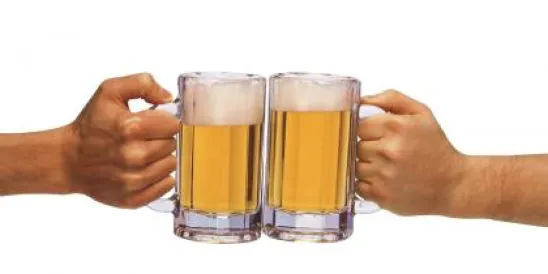After considerable anticipation, House Bill 5046, one of three pieces of legislation regulating Michigan liquor licensees that was approved in late 2013, is scheduled to take effect the week of March 10, 2014.
The new legislation amends the Liquor Control Code of 1998, as amended, and will permit on-premises liquor licensees (those who possess a Class C or B-Hotel license) to give patrons the opportunity to bring their own, unopened bottle of wine to the restaurant or premises for consumption as part of their meal. The new legislation incorporates two requirements: First the wine must be delivered in its original and sealed bottle by a patron who is not otherwise prohibited by law from possessing alcohol and second, the wine must be produced by a "wine maker," a "small winemaker" or an out-of-state entity who would be considered a wine maker or small winemaker under the state laws governing such producer. Whether intentional or by omission, the law does not set forth any specific definition or criteria for the restaurant, bar or hotel operator to follow, when assessing if the particular bottle was produced by one of the permitted classes of manufacturers, nor does it require the licensee to establish the method by which the patron purchased the wine.
Similar to current law, the new legislation does not require the patron to fully consume the bottle during the meal. Any portion of the original wine not consumed on the premises may be removed from the licensed premises, provided that the bar or restaurant employee caps or reinserts the cork, level with the lip of the bottle. The new legislation does not dictate the corkage fee that each licensee may charge for this service and therefore, this fee is left to the discretion of the restaurant, bar or hotel operator.
As a caveat, the new BYOB legislation impacts only restaurants, bars or hotels that are licensed by the MLCC. In addition, any on-premises licensee who adopts a policy that permits this service must still comply with all provisions of the Liquor Control Code, such as verification that the patron is not a minor or is otherwise intoxicated.




 />i
/>i

